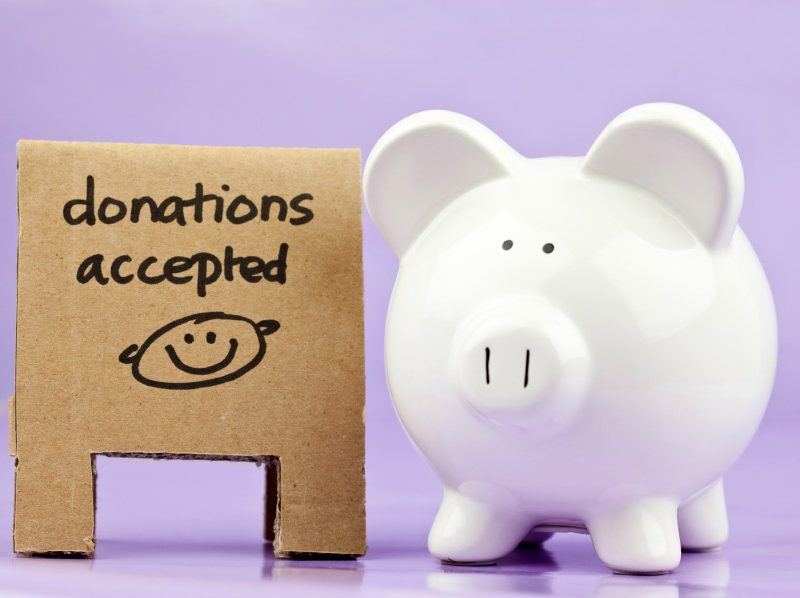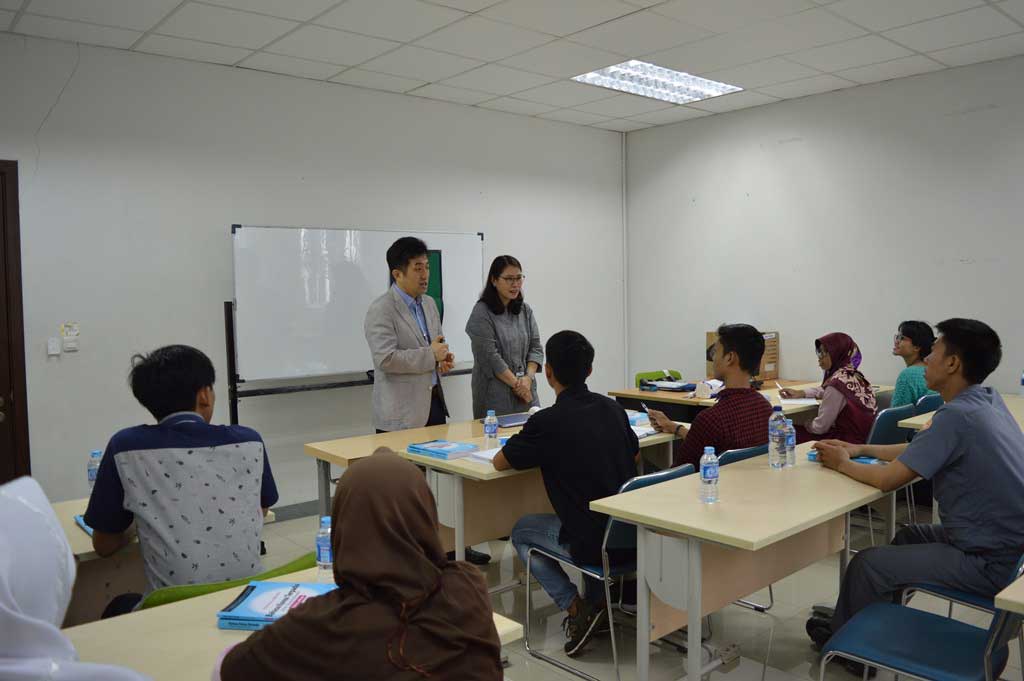 CSR is coming from the term of Corporate social responsibility where it is actually a way of a responsible company or corporate to give back to community to make sure a sustainable change in society that would in long term ensure the corporate sustainability in their business. Many businesses in Indonesia do not define CSR beyond the charitable activities or social service. Donating to a certain foundation or charity event would already regards as CSR activity as its been traditionally perceived.
CSR is coming from the term of Corporate social responsibility where it is actually a way of a responsible company or corporate to give back to community to make sure a sustainable change in society that would in long term ensure the corporate sustainability in their business. Many businesses in Indonesia do not define CSR beyond the charitable activities or social service. Donating to a certain foundation or charity event would already regards as CSR activity as its been traditionally perceived.
Actually there is nothing wrong with a charity or philanthropy-centric CSR model, but restricting your CSR activity on charity will diminish the true potential of your company Corporate Social Responsible activity.
“There is only one social responsibility of business – to use its resources and engage in activities designed to increase its profit so long as it …engages in open and free competition without deception or fraud.” – Milton Friedman 1970.
As philanthropy was the basis of CSR activity today, CSR should be evolving into something that is sustainable and have more impact than the mere usage of helping people in need into enabling people to help themselves in a long term. Many businesses in Indonesia already well aware that inclusion of the local communities in the surrounding presence of their business is a way to ensure the business sustainability. The environment and cultural impact that it might brings in to a community was not well addressed in the past. Then it is now where current usage of CRS present.
Globally United Nation have invited the private sector specially corporation that have interest in developing their Corporate responsibility movement by making initiatives such as the Global Compact and the Millennium Development Goals. Those initiatives have made the goal and principles for responsible corporate behavior in the following areas:
- Human Rights
- Labor Standards
- Environment
- Health
- Anti-Corruption
- Economic responsibility
When integrated into how CSR is contributing to community these area should be the key that sets CSR apart from philanthropy and charity.
 Companies that incorporated “Going Green” should be able define their business practice and actually shows to public or at least to their stakeholder that they are incorporating the “going green” in their daily practice.
Companies that incorporated “Going Green” should be able define their business practice and actually shows to public or at least to their stakeholder that they are incorporating the “going green” in their daily practice.
For example Starbucks has green advocates smiling about its “bean-to-cup” approach, which stresses top efficiency at each link of its global supply chain. By all measures the program appears to be a great success, with the company’s decision to use coffee cup sleeves made of recycled paper saving roughly 78,000 trees per year since 2006. Starbucks has also partnered up with many environmental organizations, from Conservation International to the Earthwatch Institute, in efforts to do right by the communities it operates in. This is an example of what a business could do to incorporate initiatives that is not just as cost-cutting methods but as a core component of business are the ways to give sustainability a boost.
“The terms of the contract between industry and society are changing …Now we are being asked to serve a wider range of human values and to accept an obligation to members of the public with whom we have no commercial transactions.” – Henry Ford II, 1969.
CSR should play a role in boosting sustainability performance through their networks of governments and NGO’s. However this boost to the profile of sustainability is not something that can be achieved through a charity-centric CSR portfolio.
Businesses without concern for sustainability issues and without a balanced CSR ideal will find it very hard to compete in the coming years. CSR is becoming a market standard and is no longer just a gimmick. The last but not the least we all should realize that CSR is not social service.
Pictures source:
http://blog.firstreference.com
http://madisoncountyartscounci










Leave a Reply